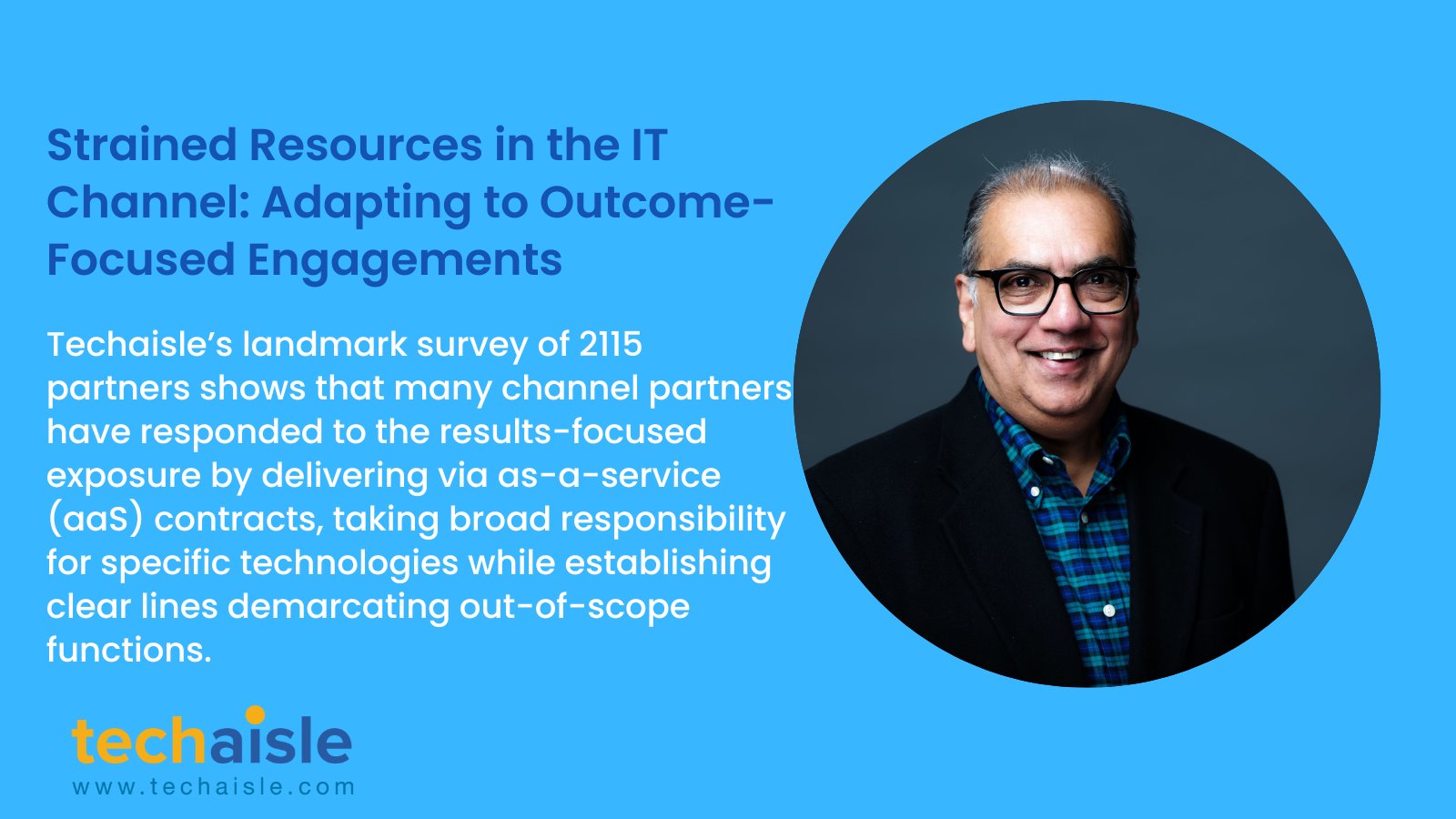Techaisle’s landmark survey of 2,115 channel partners, representing a cross-section of the partner community, shows diverse concerns reflected in the business issues data stemming from a fundamental change in how the IT channel engages with customers. Like the IT function, the channel has typically served clients as a problem-solving option, able to plug a defined technology gap with a functioning system. However, as “business infrastructure” became indistinguishable from “digital infrastructure,” the definition of what IT needs to deliver has morphed. IT is now expected to support the business in ways that deliver tangible business benefits. The buyer community increasingly insists on outcome-focused project definitions, and procurement departments have started using shared-risk approaches, rather than traditional RFP-style responses to static requirements, to optimize the impact and value of systems that deliver new business functionality.













